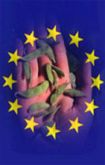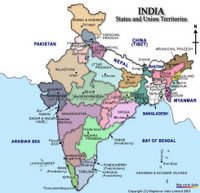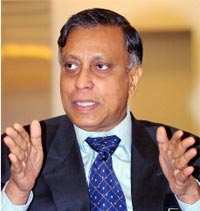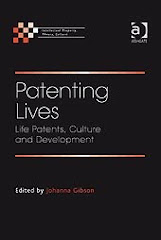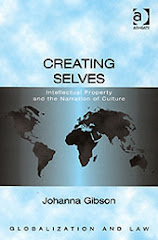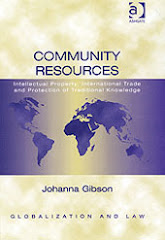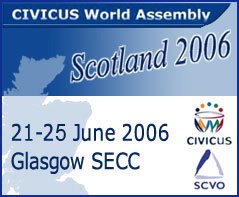
The CIVICUS World Alliance for Citizen Participation held its 6th World Assembly last week in Glasgow, Scotland, with meeting documents published by Terraviva, an independent publication of the IPS-Inter Press Service news agency.
CIVICUS is an international alliance of around 1000 members across about 100 countries, advocating citizen action and civil society participation throughout the world. Emphasising participation and active citizenry as the foundation for development, CIVICUS aims to provide information and resources for civil society. Its global headquarters are in Johannesburg, South Africa, although CIVICUS was originally based in Washington DC.
The Assembly came at a time of increasing attention on civil society activity, not only in terms of international debate, but also in the form of growing economic influence, in the form of consumer boycotts, ethical consumerism, and so on.
Nevertheless, some remain less optimistic about the capacity of civil society in the cont
 ext of international norm setting and public policy making. In an article in OneWorld South Asia, Tiberius Baraza, a researcher in the Governance and Development Department at the Institute of Policy Analysis, Nairobi, Kenya, describes civil society participation as "elementary." Similarly, Faith Kasiva, executive director of the Coalition on Violence Against Women, describes the "consultation" process as mere "rubberstamping."
ext of international norm setting and public policy making. In an article in OneWorld South Asia, Tiberius Baraza, a researcher in the Governance and Development Department at the Institute of Policy Analysis, Nairobi, Kenya, describes civil society participation as "elementary." Similarly, Faith Kasiva, executive director of the Coalition on Violence Against Women, describes the "consultation" process as mere "rubberstamping."Nevertheless, civil society is undoubtedly growing as a critical aspect of international policy and legal developments. Professor Graeme Dinwoodie, speaking at the Birkbeck AHRC Copyright Network Conference earlier this week, suggests that the nature of international legal development is much more complex than intergovernmental debates and agreements, noting a greater role for non-governmental organisations and civil society.
This capacity of civil society and its importance in development is emphasised in a recent article considering socio-economic and political circumstances in Morocco. An effective civil society is identified as critical to the facilitation of development. However, development planners have suggested that the lack of such organisation in Morocco has slowed efforts to improve citizens' circumstances. In particular, the 5 year National Initiative for Human Development (NIHD), launched by King Mohamed IV last year, has been somewhat weakened by the absence of a "robust" civil society. This has been the case despite the explicit identification of civil society's involvement as critical to the plan at th
 e time of its launch.
e time of its launch.Importantly, what is emerging is the significance of civil society in the economics of development. Professor Robert Innes recently published a paper in the Economic Journal of the Royal Economic Society, describing the increasing sophistication of civil society strategies and consumer boycotts, particularly in the context of ethical consumerism.
In collaborating internationally on the development dimension of intellectual property laws, diverse civil society organisations are working together to increase their policy influence and interact critically with political entities. This week, civil society and governments met in Geneva for the Second Session of the Provisional Committee on Proposals Related to a WIPO Development Agenda. However, as reported by IP-Watch, claims of a persistent bias in favour of countries against the development agenda suggest that the future of these discussions may be threatened.
Nevertheless, arguably the presence of a "robust" international civil society is somewhat of an assurance that the development agenda will continue to "irritate" those most against.






















